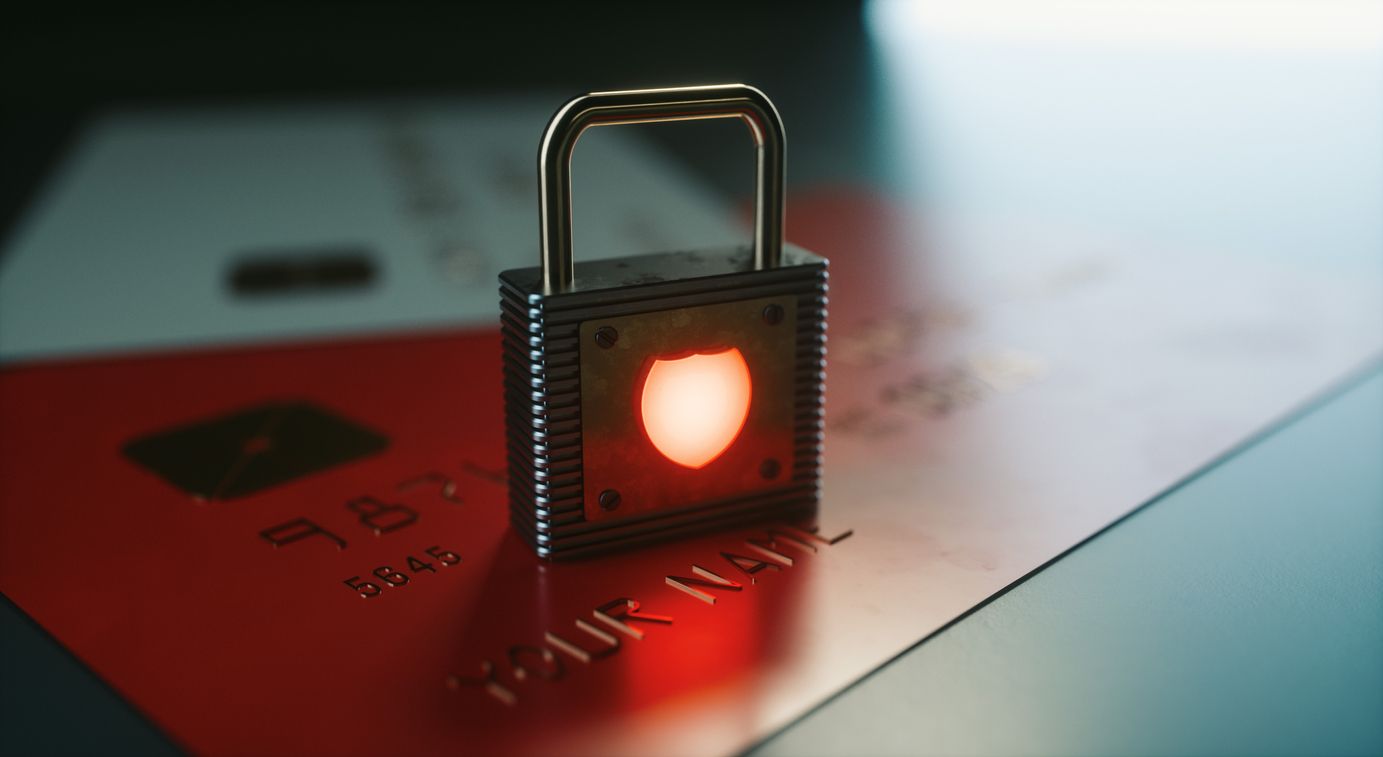Today, everyone knows about computer hacking in one way or another. Even those who weren’t born as digital natives are aware of the repercussions of cyber-attacks, from gas pipeline takeovers to the various forms of ransomware that have increasingly taken over computer systems over the past few years. The popular image of a computer nerd who finds backdoors into networks or hacks into a mainframe has been a staple in media for decades. Now, it’s no longer merely entertainment. It’s very real and costs companies millions and countries billions as their infrastructures break down.
With increasingly accessible and inexpensive technology, it’s predictable that hacking has also become widespread and easier for people to learn. What was once a niche and difficult skill set has become something that a layperson can easily learn. Today, hacking a system or accessing the Dark Web is only a few open-source tools and tutorials away. Even things like VPNs or torrenting (downloading and uploading files through the BitTorrent network) are no longer intimidating. While these examples aren’t inherently illegal, it’s no secret that it has led people to some dark paths.
There are a plethora of services one can purchase on the Dark Web to assist them in illegal activities. Some are fake, while others are genuine and capable of being abused. Traditionally, the Dark Web has been a hub for buying other people’s personal data or illegal substances. The Silk Road is another infamous marketplace. The Dark Market sources services that can fill the gap of knowledge that might exist between someone who innocently surfs the Dark Web to someone who knows the ins and outs of illegal hacking and ecommerce.
Despite the increasing accessibility of services and tools by hackers, it is still a field that is constantly changing and requires a certain knowledge set. Usually, when hackers sell personal data on the Dark Web, they are selling this data in large sets and did not have a specific target in mind when the data was stolen. However, there are now new offers showing up on the Dark Market where hackers are offering their services to clients who want a very specific job done. Examples include hacking into someone’s personal computer remotely or getting into their private email are only a few options available. What was once a broad shot at data generally, hackers are now offering targeted intrusions of very personal information. All sorts of cyber-attacks can now be custom ordered.
For example, a recent report from Comparitech evaluated over 100 listings of illicit services and found the most expensive service was a “personal cyber-attack” on an individual, which include things such as defamation, legal sabotage or financial damage. Changing academic records or hacking a specific website were listed as the second and third most expensive services, respectively. Other listings included IP and location tracking, hacking social media accounts, and custom malware creation. What’s available is a smorgasbord of illegality. Expensive? No. The prices of these listings might surprise you – a personal attack averaged around $550, while the most common service, social media hijacking, averaged $230.
This emerging Dark Market of “hackers-for-hire” is a relatively recent development. Perhaps it is a natural outcome of the popularization of the Dark Web combined with many of its casual users still lacking the depth of knowledge it takes to actually hack a system. While some may not be able to do any hacking themselves, they now have specialists at their fingertips. Some of the real-world consequences of this are obvious, such as an individual’s financial ruin or extortion. But some of the more niche services offer things like editing COVID-19 vaccine databases and raise serious public health issues. There are also many services that facilitate dangerous activities such as stalking or abuse. A person’s vindictive and nefarious intent can be satisfied with a small investment. If that does not concern you, it should.
It is more important than ever to ensure you’re taking steps to protect your personal information and researching how any companies you give your data to handle cyber security. Cyber-attackers are no longer limited to those who possess the technical know-how of hacking. It’s now something you can buy as easily as fresh fruit.
